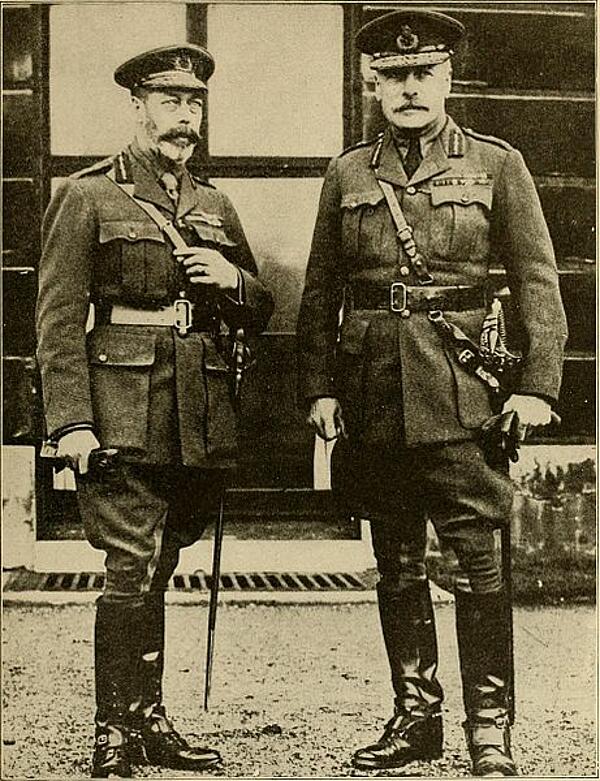General Douglas Haig
Douglas Haig, also known as General Haig or Field Marshall Haig, was born in 1861 in Edinburgh and commissioned into the cavalry in 1885. He served in both the campaign in the Sudan and the Boer War in South Africa, warranting distinction in the latter and soon being promoted to the War Office.
When World War One began in August 1914, Haig was the general commanding the First Army Corps, fighting at the Battle of Mons and the first Battle of Ypres. HIs success in both saw him succeed Sir John French as commander-in-chief of the British Army on the Western Front in December 1915.

Haig was very conventional in his methods, and in 1916 he promoted the idea of a’final push’ against the Germans, to be executed in the Somme in France. The action followed pleas from France for military assistance against Germany at Verdun. The plan involved launching an attack on the Germans from the Somme, thereby forcing them to remove some of their troops from the Verdun and so aiding the French. Sadly for Haig, and for Britain, the Battle of the Somme resulted in the deaths of 600,000 Allied men, 400,000 of whom were British or Commonwealth troops.
Many historians blame Haig’s traditional tactics for the outcome at the Somme. Statistics show that 20,000 Allied soldiers were killed on the first day, with 40,000 injured, and that Haig should have immediately learned from this and altered his tactics. Unfortunately he did not and subsequently felt the impact. However, there is evidence that the use of rolling artillery barrage should have been more effective than it was, and that the fact it wasn’t successful is likely due to the German’s successful digging down and reduced susceptibility to artillery fire. Once the artillery firing had ended, the British had essentially signalled that the infantry was on its way, and so gave Germany the upper hand.
Haig served until the end of the war and was made an earl for his leadership in 1919. He spent the last few years of his life working for ex-servicemen, many of whom had been disabled in the war, and was one of the leaders of the “Poppy Day Appeal” and the British Legion movement. He died in 1928.
MLA Citation/Reference
"General Douglas Haig". HistoryLearning.com. 2026. Web.
